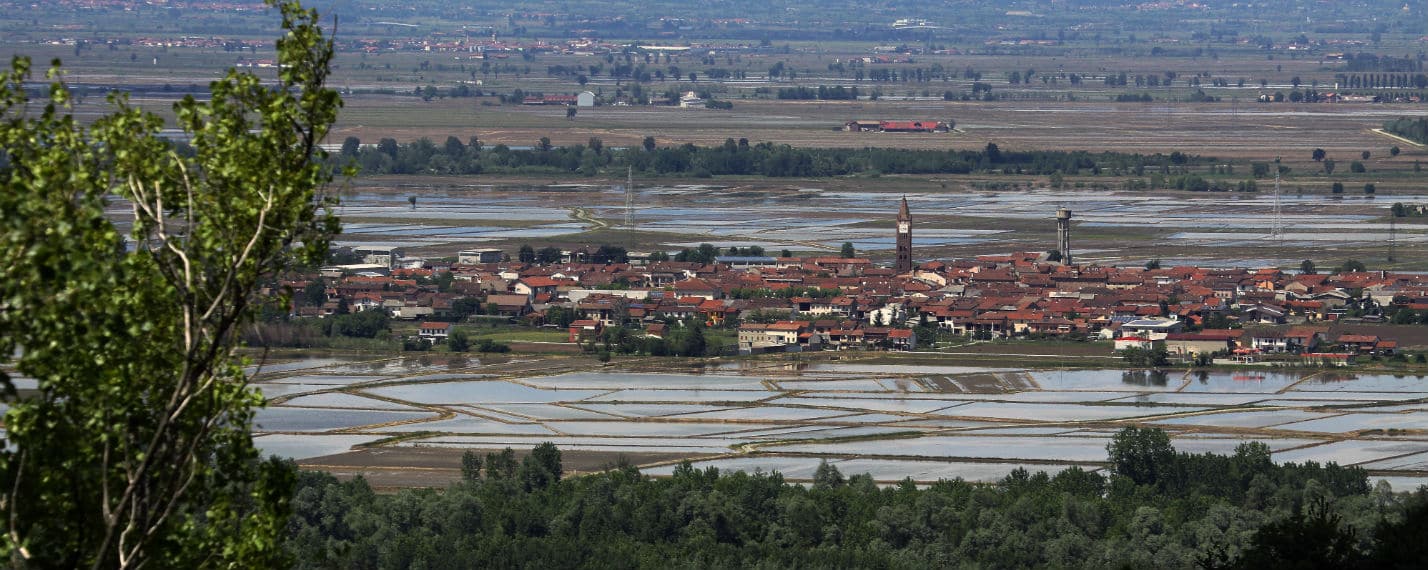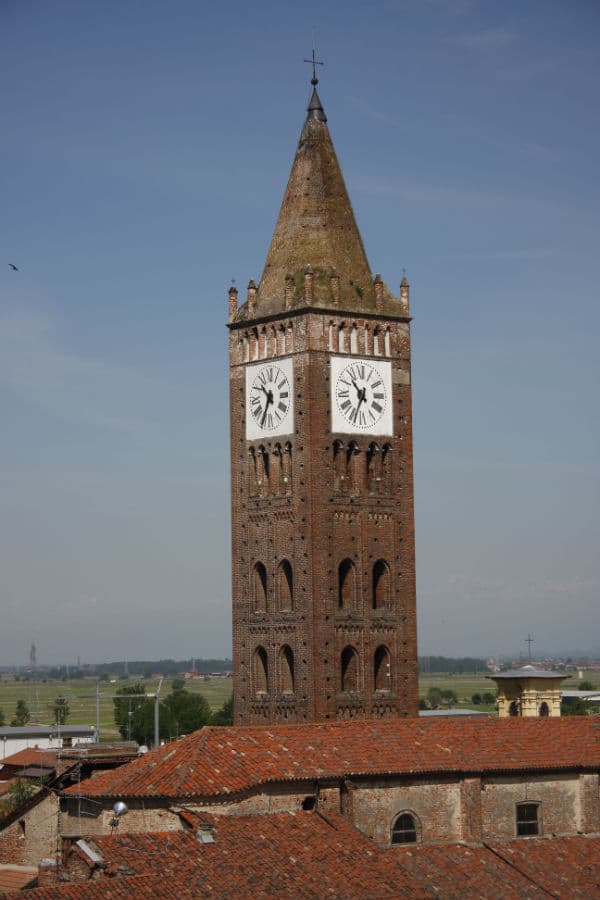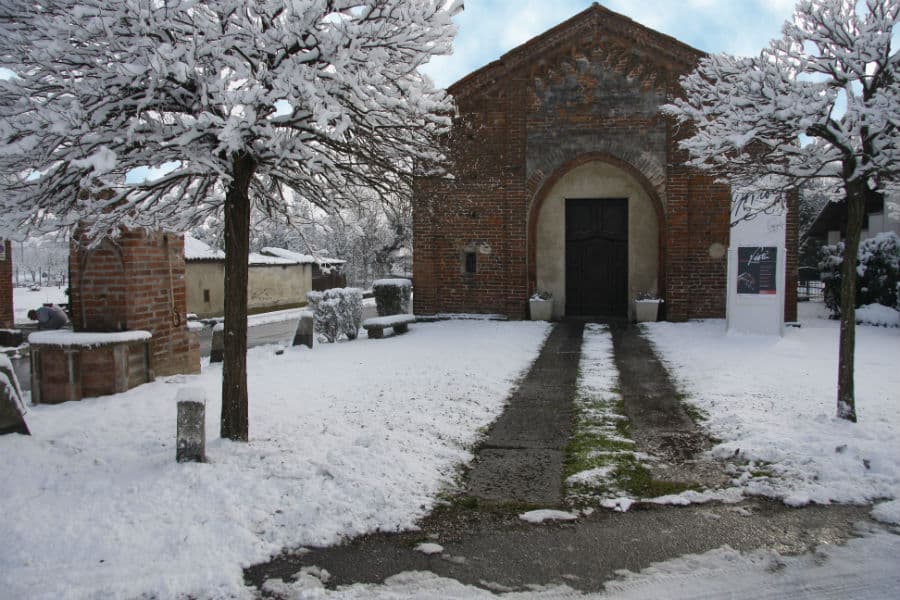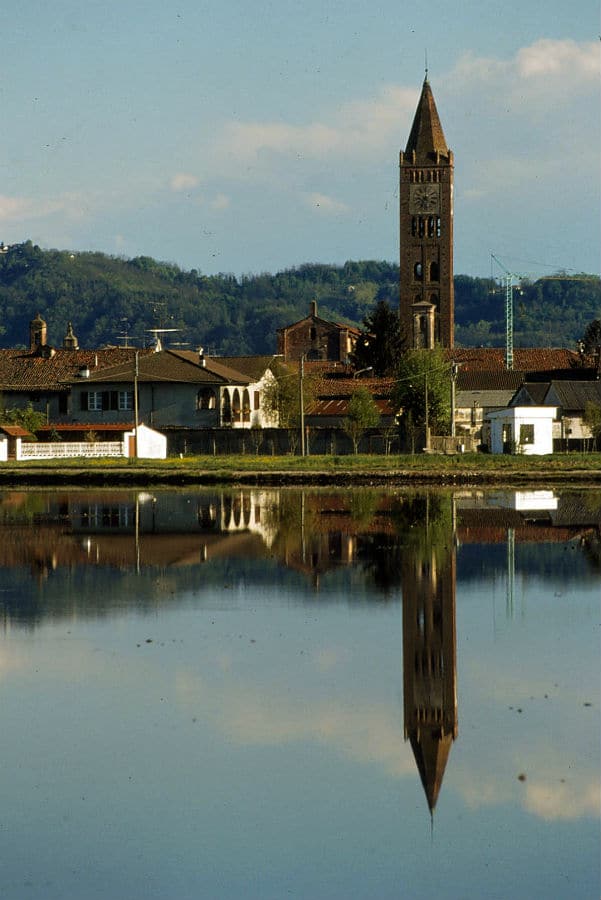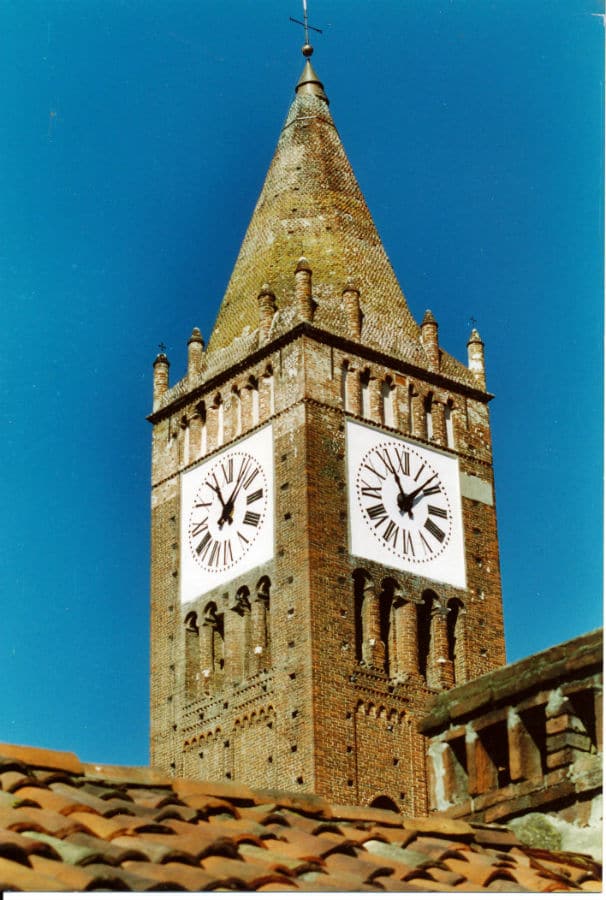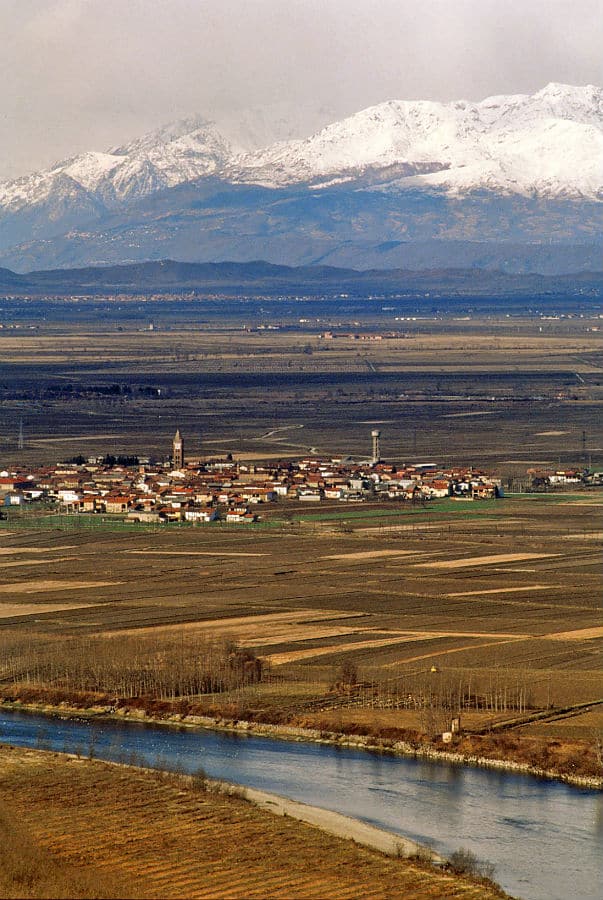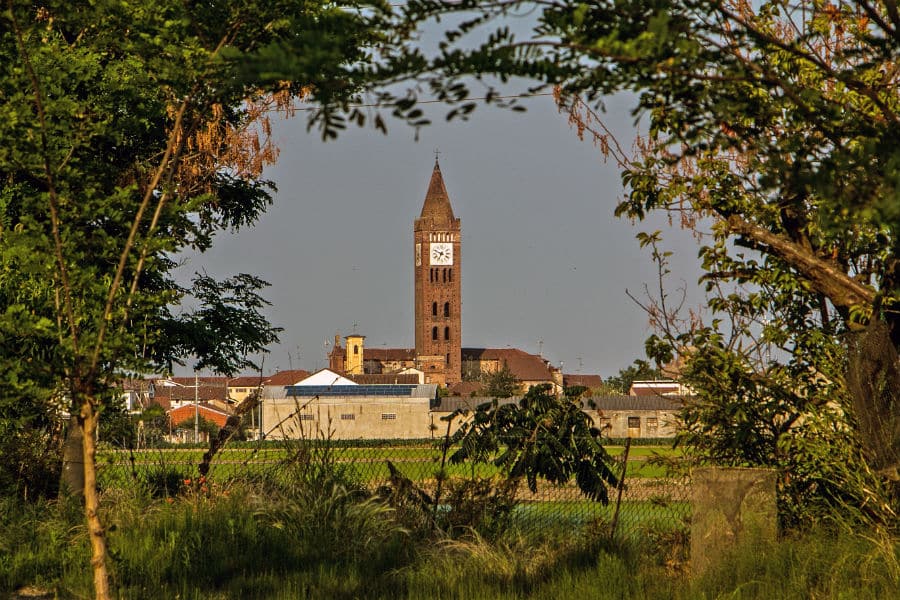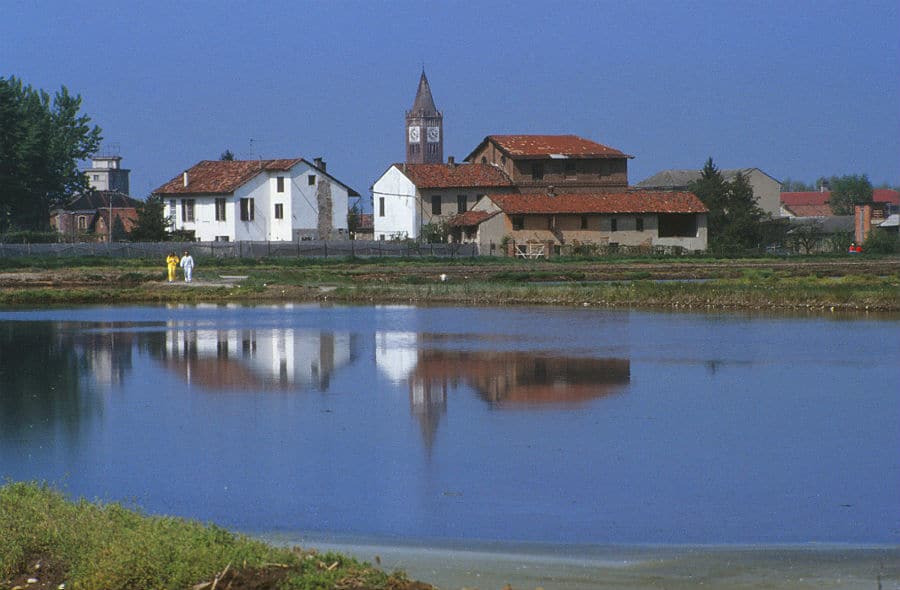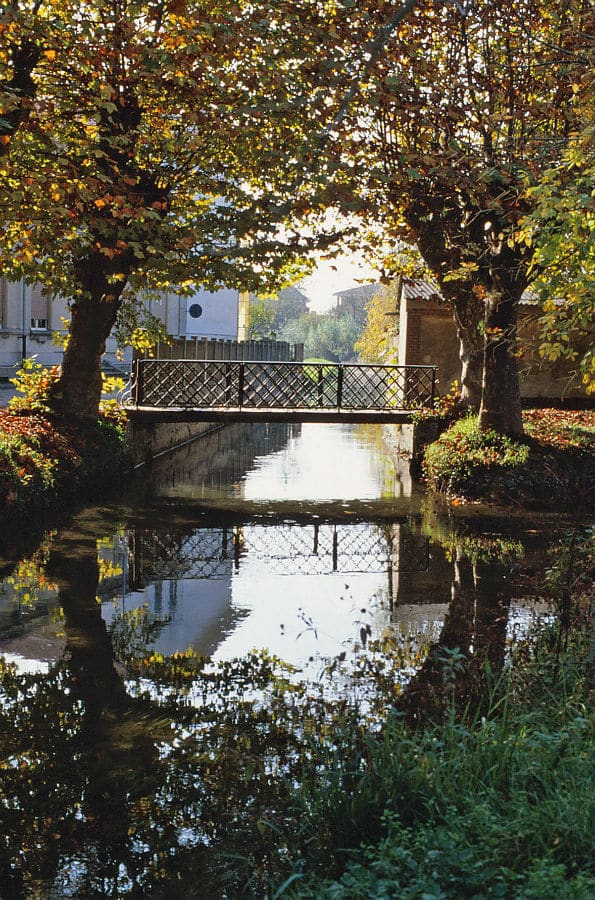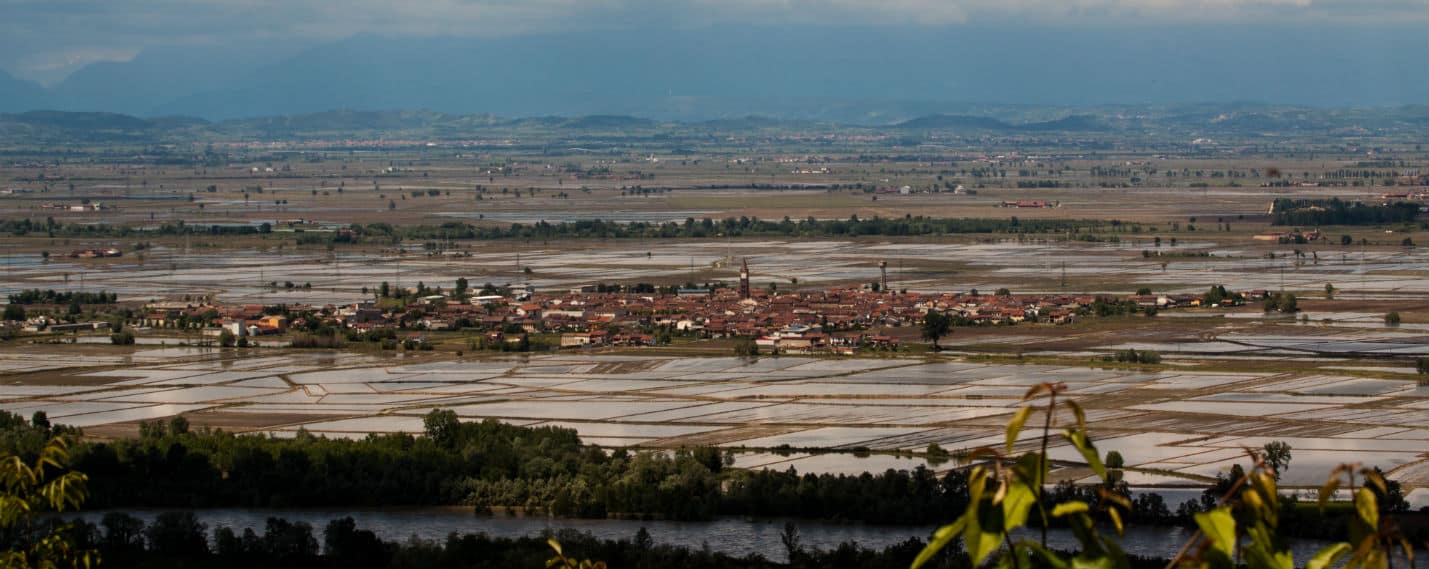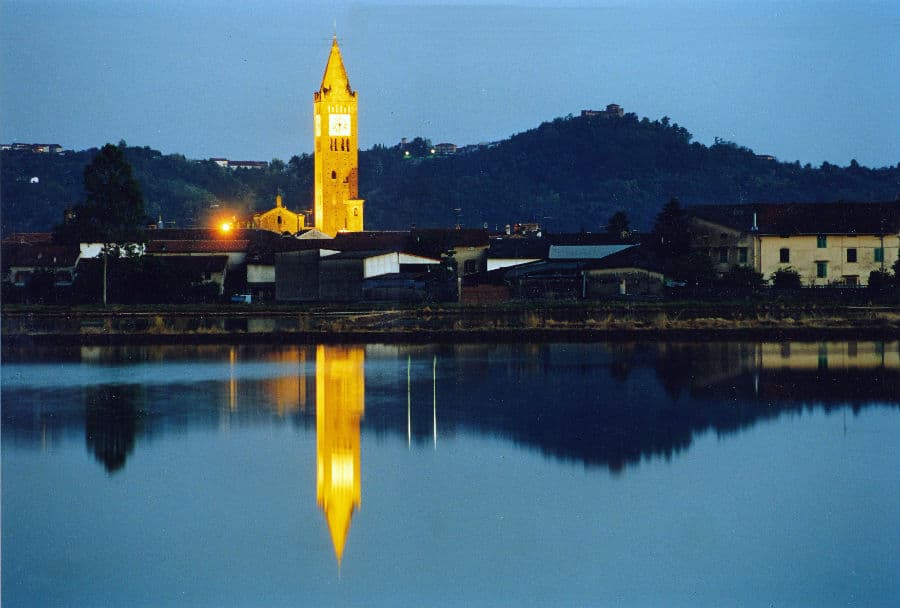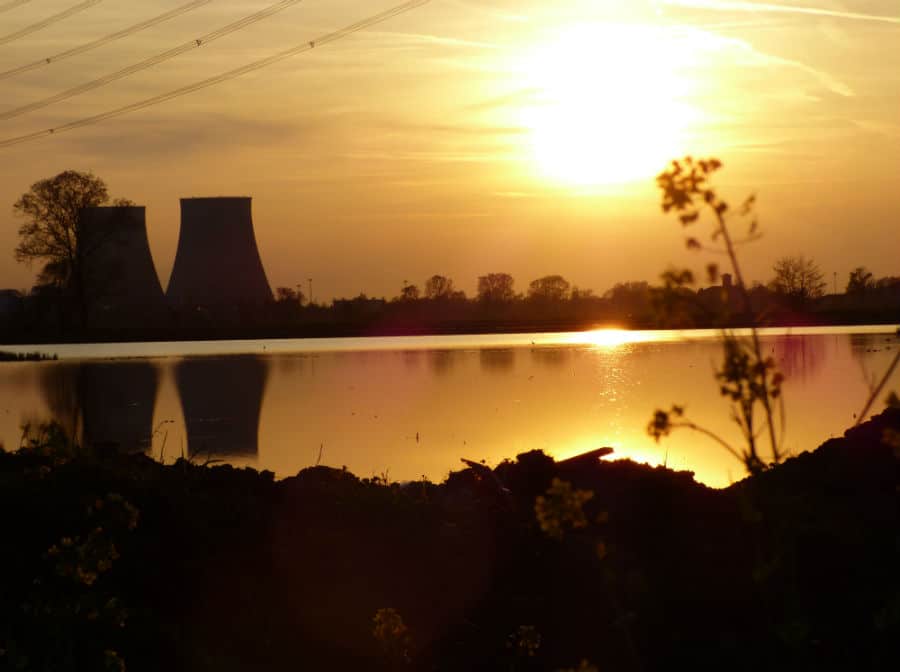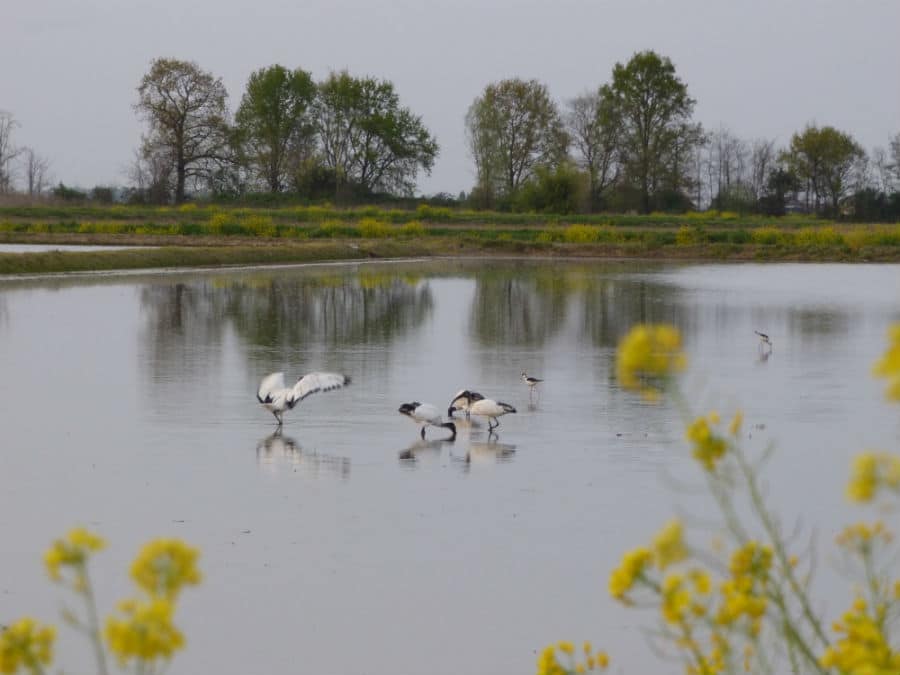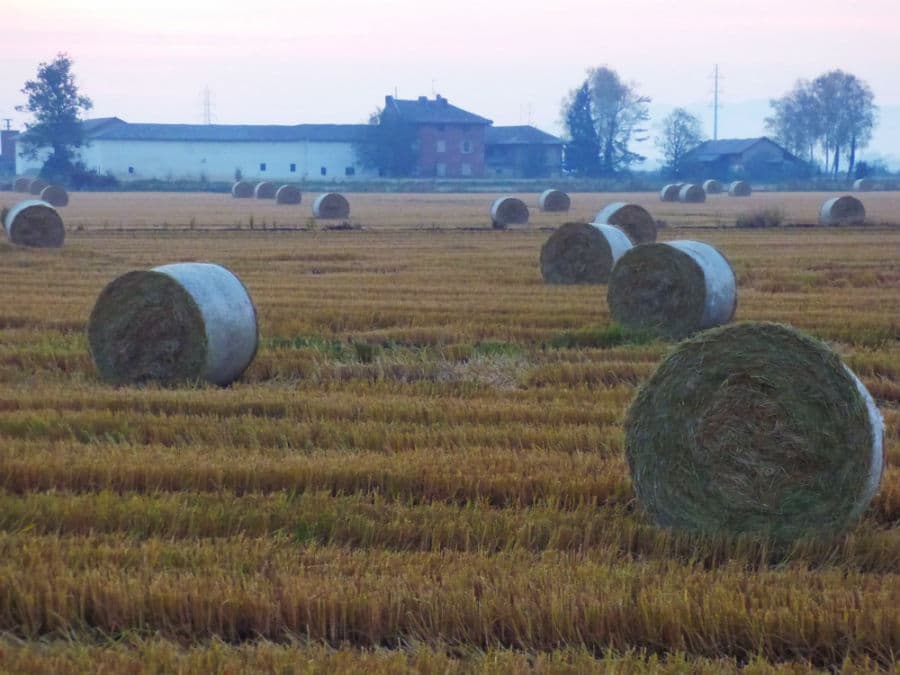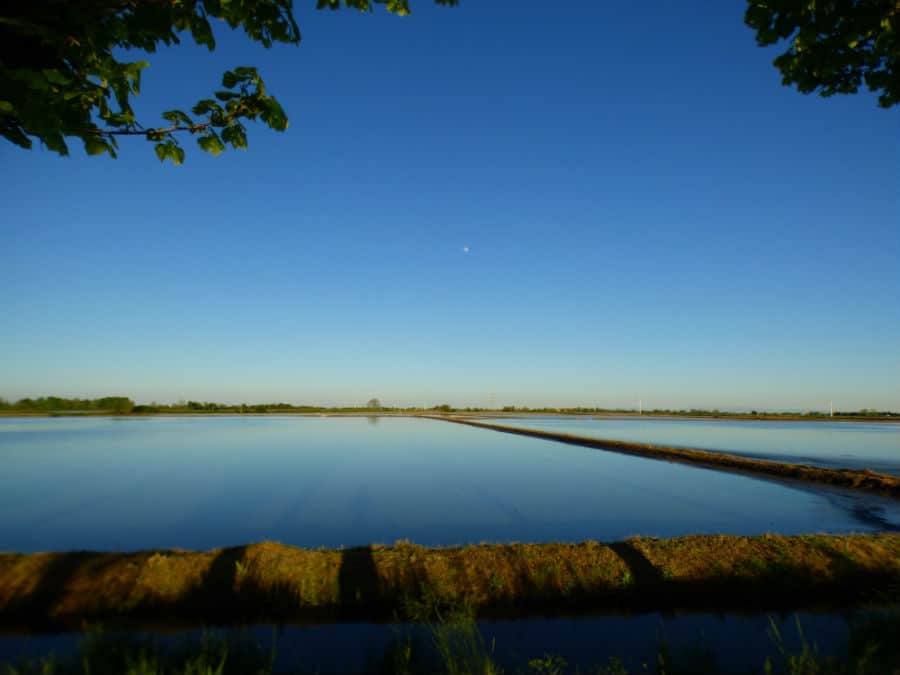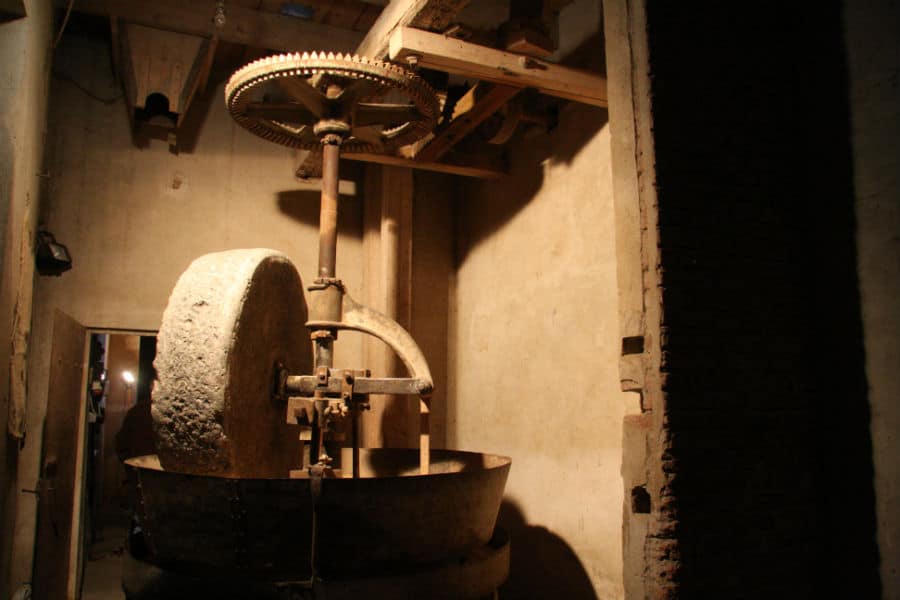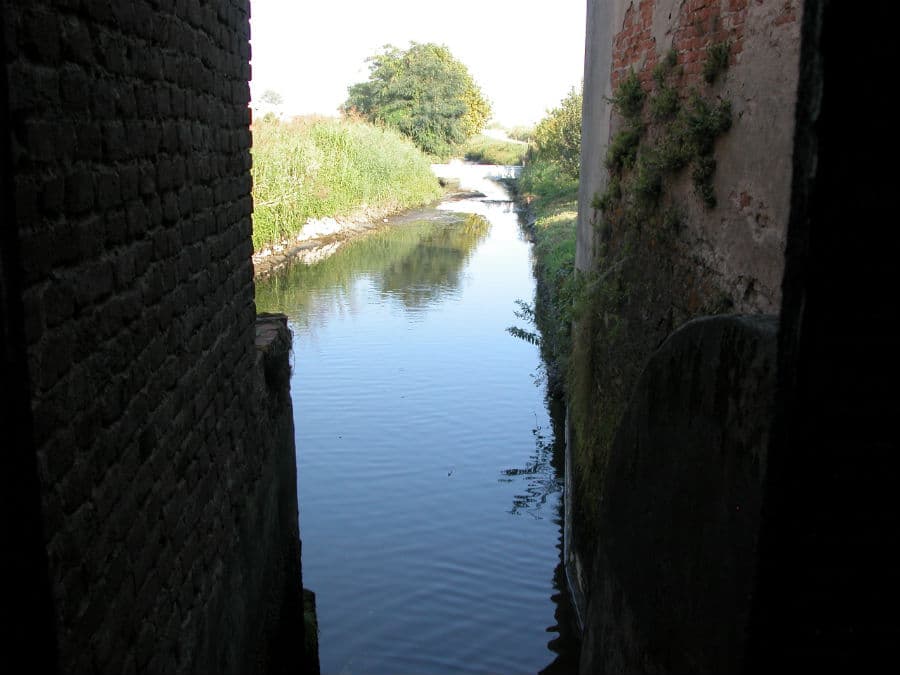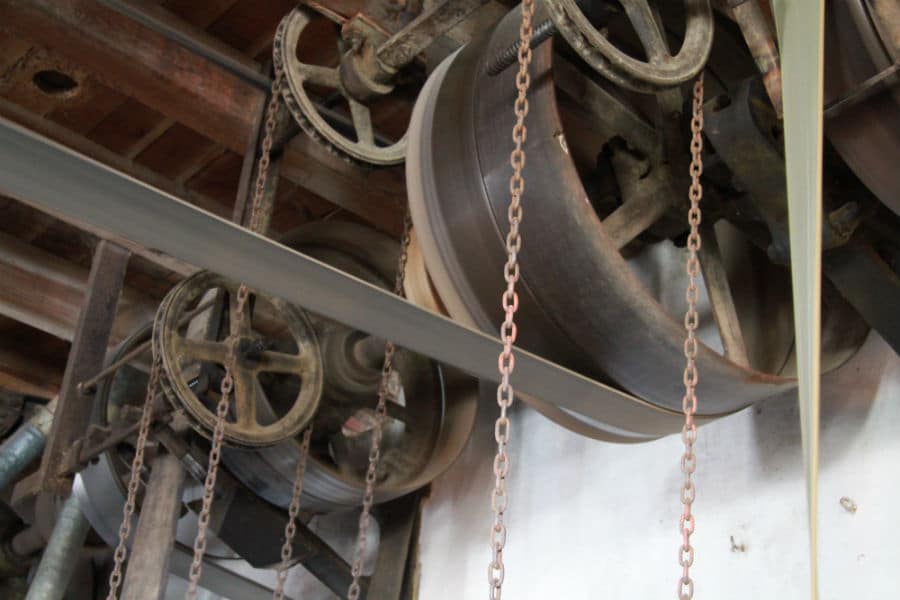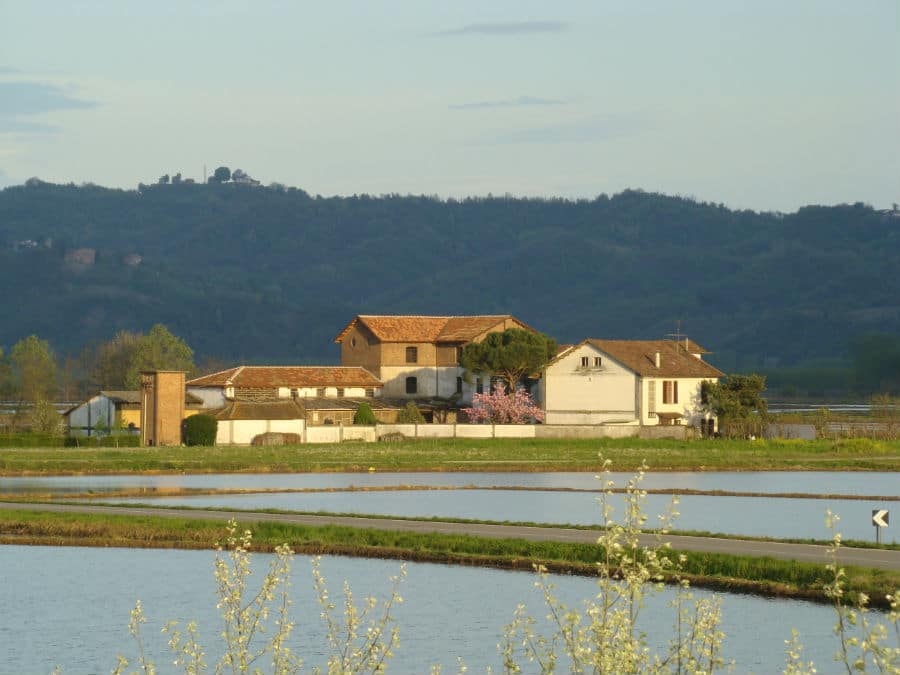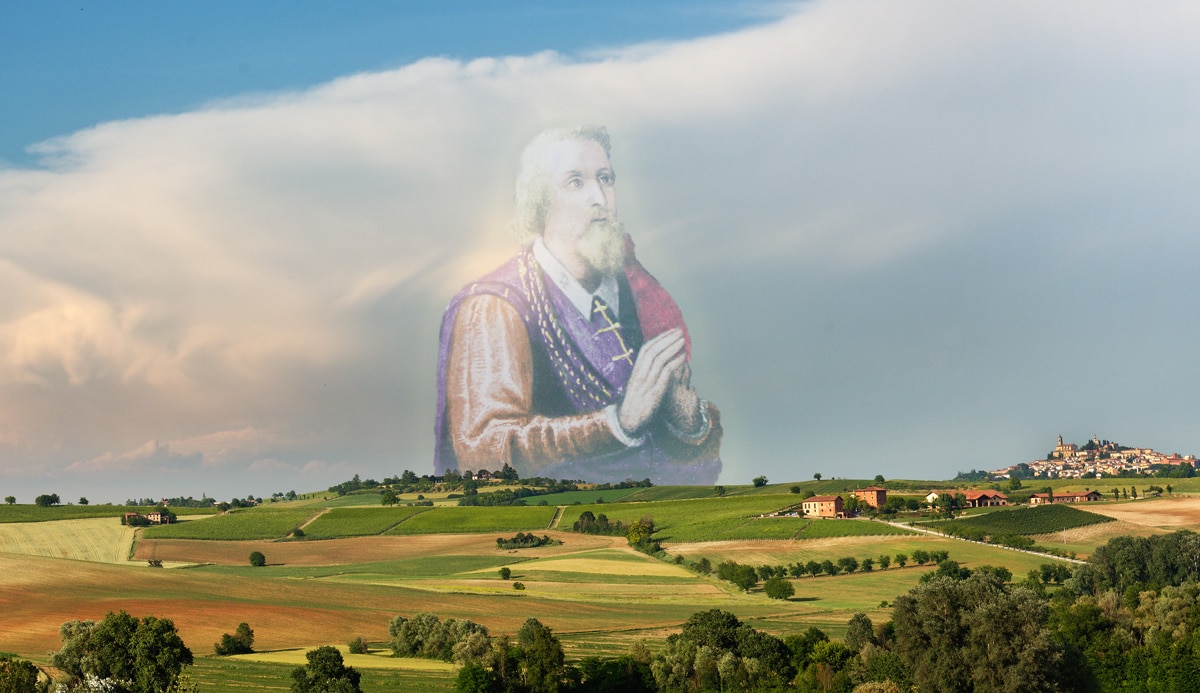Fontanetto Po (Fontanè in Piedmontese) is the Christmas village of the composer and violinist Giovanni Battista Viotti, born in 1755, which is considered as the composer of the original music used in the Marseille region, the french national anthem.
Rice center of primary importance in Low Vercellese, Fontanetto Po is a village of ancient origins and traditions, which preserves the witness of a great past. Its bell tower is a national monument and its numerous churches testify to its peculiarities which "land of faith". Crossed by a dense network of irrigation ditches which confers a particular structure to its inhabited center, Fontanetto Po is the land of "land and water" of which remain testimonies of the past in the large wheel driven by the current of the Logna at the Po and the turbine of the early twentieth century that nourished the Mill Riseria San Giovanni, today transformed into ecomuseum.
The origin of the name of Fontanetto Po can be traced to the presence on the territory of the numerous fountains which ensured the availability of pure water of the resurgence of the population. A first nucleus on an area partly coinciding with the current structure dates back to the roman age. The locality was said Vetusta Cestis. After the devastation in the barbarian age, the population remained dispersed among several villages until the IX century, when the Benedictine monks of St. Genuario decided to collect it in a single inhabited center.
In 1242 the city was erected a "borgofranco" from Vercelli, which, however, before the end of the XIII century it lost control in favor of Teodoro Paleologo, Marquis of Monferrato. The latter, seizing the favorable moment for the disagreements between factions within the walls of Vercelli, occupied the village, the girded by walls and erected the place to the dignity of the town. The 2 July 1323 was established the construction of the village of Fontanetto.
After more than two centuries of control on the part of the Marquis of Monferrato, the death of Giangiacomo Paleologo without male heirs in 1535, Fontanetto was subjected to the dominion of the dukes of Mantua before, the family Guerrera then and subsequently, as no-man's-land, the raids of hosts ladyfingers, french and spanish, up to the annexation, at the beginning of the eighteenth century, the Savoy state.


